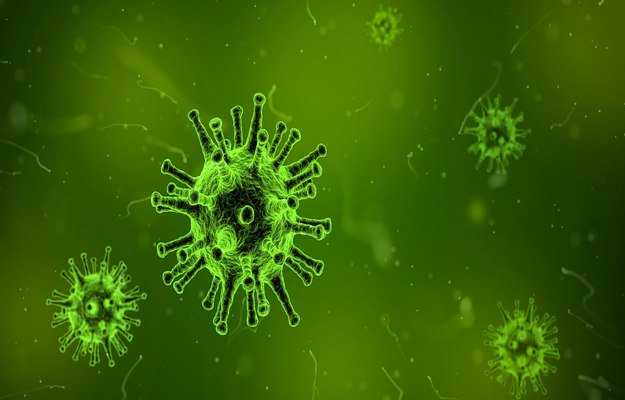What is impetigo?
Impetigo is a common skin disease affecting children; it is characterised by itchy sores which are extremely contagious. Since it is more common in children, it is also referred to as ‘school sore’. It is a bacterial infection affecting the superficial skin and resolves itself within 7 to 10 days.
What are its main signs and symptoms?
There are two types of impetigo-
- Non-bullous impetigo
- Itchy sores
- Red skin on bursting of sores
- Swollen glands near the sores
- Honey coloured crusts formation
- Bullous impetigo- it causes fluid-filled clusters of bumps without redness of the surrounding skin. Cloudy yellow coloured blisters formed become transparent and clump before breaking open into crusty sores which heal without scarring.
What are its main causes?
It is typically caused by bacteria called Staphylococcus aureus or Streptococcus pyogenes. Daycare centres, overcrowded places and contact sports can spread impetigo through skin to skin contact. A child may acquire impetigo as an added infection while suffering from eczema or chickenpox. The scratching breaks the skin and makes it easy for bacteria to enter. These bacteria can also enter the body through bug bite, skin rash, cut or burns. It is more commonly seen in warm humid climates.
How is it diagnosed and treated?
The dermatologist can diagnose impetigo by examining the skin. A swab from the blister is sent to the lab to check for the type of bacteria causing infection.
Impetigo is generally not a serious disease and resolves within 2 to 3 weeks. For mild cases, antibiotic creams are recommended. Antibiotic medicines to be taken orally may be prescribed if the infection is widespread and more severe.
It is important to wash hands before and after applying the cream over the affected area to prevent it’s spread. You should avoid touching the patches and stop other people from touching them too. Affected children should be kept away from school, day care centres or any public places. To prevent the spread, the patient’s towels, bedding and clothes must be washed with hot water (around 60 degrees).

 OTC Medicines for Impetigo
OTC Medicines for Impetigo















